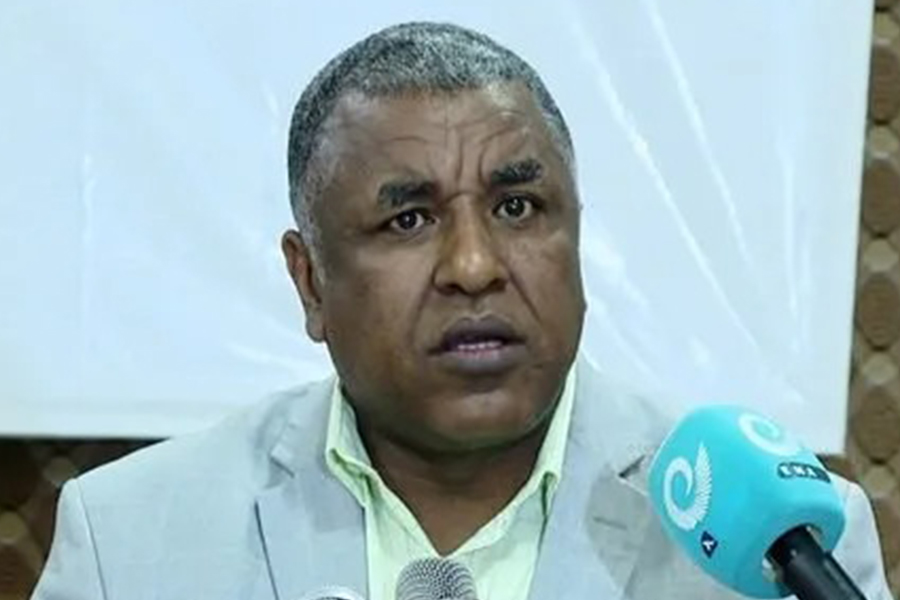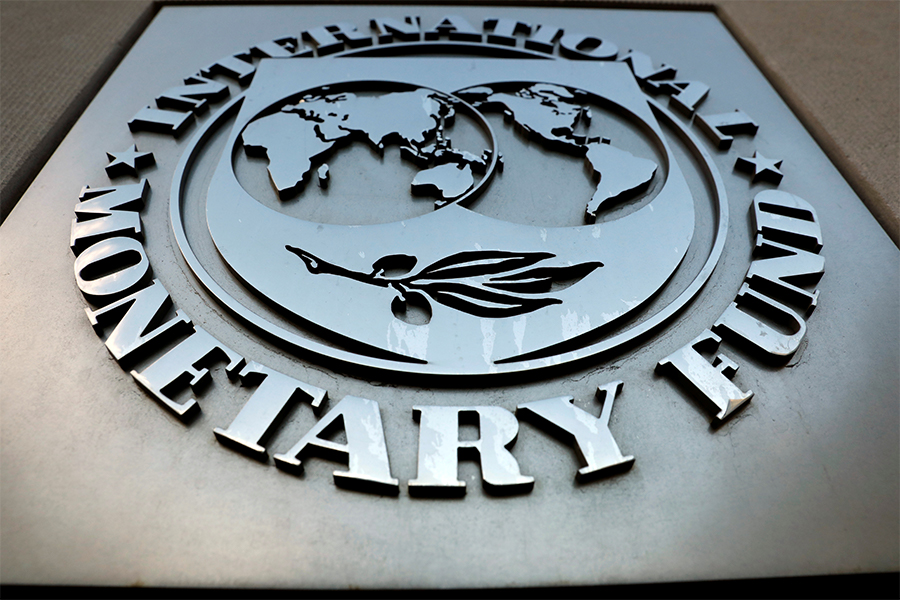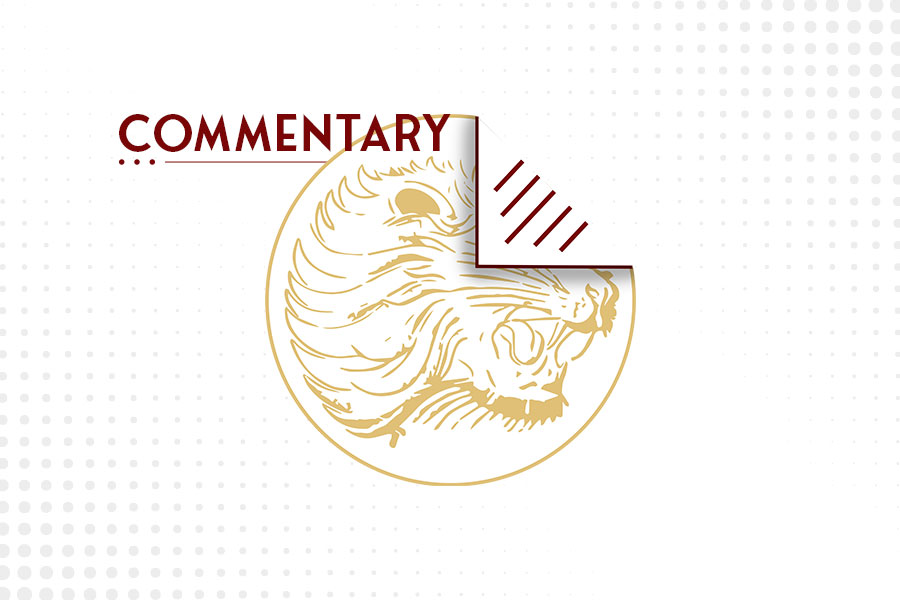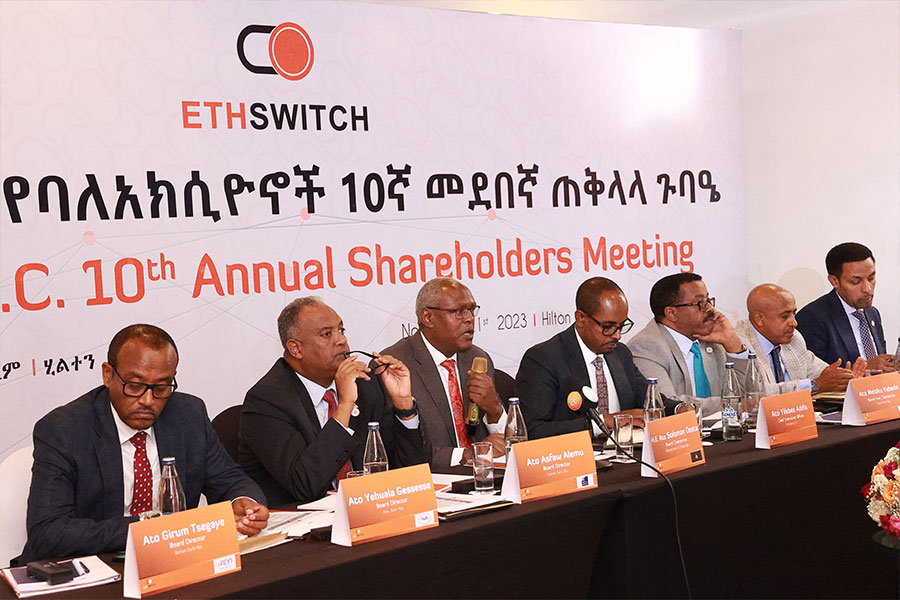
Verbatim | Jul 13,2024
Sep 28 , 2024

Alvaro Piris, chief of the International Monetary Fund's (IMF) staff team, struck a bullish tone completing a two-week visit to Addis Abeba — an optimistic shift from his language of despair over the past three years. The change follows the conclusion of the first review of a four-year program agreed upon with Ethiopian authorities.
Members of his team, over 20, met with Minister of Finance Ahmed Shide, Central Bank Governor Mamo Mihretu, and the Prime Minister’s macroeconomic and monetary policy advisors during their visit from September 17 to 26, 2024.
"The staff team is grateful to the authorities for good discussions and their strong action to ensure the success of the IMF-supported economic program," said Piris in a statement.
His team urged the Board yesterday to grant Ethiopia access to about 345 million dollars in much-needed financing, to be disbursed beginning in the coming weeks.
Previous statements from the IMF had focused on ongoing talks and snail progress but had stopped short of announcing a formal agreement. However, an agreement came after several rounds of discussions where optimism was cautiously expressed but tangible outcomes remained elusive.
Yesterday’s statement marks the first in over three years, indicating a step forward in Ethiopia's authorities’ bid to stabilise the economy.
"Ethiopia's economic reform program, including the transition to a market-determined exchange rate, is advancing well," said Piris.
"The new exchange rate regime is alleviating the acute shortage of foreign exchange that previously existed, lifting a significant impediment to economic activity."
The IMF’s Executive Board approved a 3.4-billion credit facility in July this year after the authorities agreed to liberalise the economy, particularly the foreign exchange market regime. Key elements of the reform include a tight monetary policy to reduce inflation and end the government's monetary financing. A temporary fiscal spending package is also planned to cushion the socio-economic impact of the reforms.

Verbatim | Jul 13,2024

Commentaries | Apr 15,2023

Commentaries | May 24,2025

Exclusive Interviews | Aug 03,2025

View From Arada | Dec 26,2020

Radar | Mar 14,2020

Radar | Nov 27,2023

Fortune News | Oct 16,2021

Featured | Jun 29,2025

View From Arada | Feb 22,2020

Photo Gallery | 176748 Views | May 06,2019

Photo Gallery | 166961 Views | Apr 26,2019

Photo Gallery | 157509 Views | Oct 06,2021

My Opinion | 136933 Views | Aug 14,2021

Oct 18 , 2025
The political establishment, notably the ruling party and its top brass, has become p...

Oct 11 , 2025
Ladislas Farago, a roving Associated Press (AP) correspondent, arrived in Ethiopia in...

Oct 4 , 2025
Eyob Tekalegn (PhD) had been in the Governor's chair for only weeks when, on Septembe...

Sep 27 , 2025
Four years into an experiment with “shock therapy” in education, the national moo...